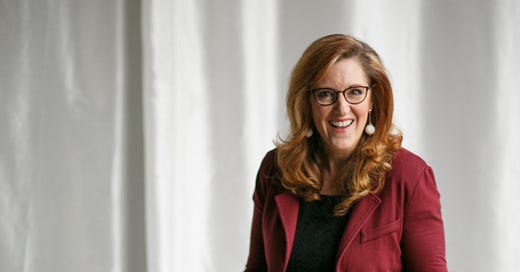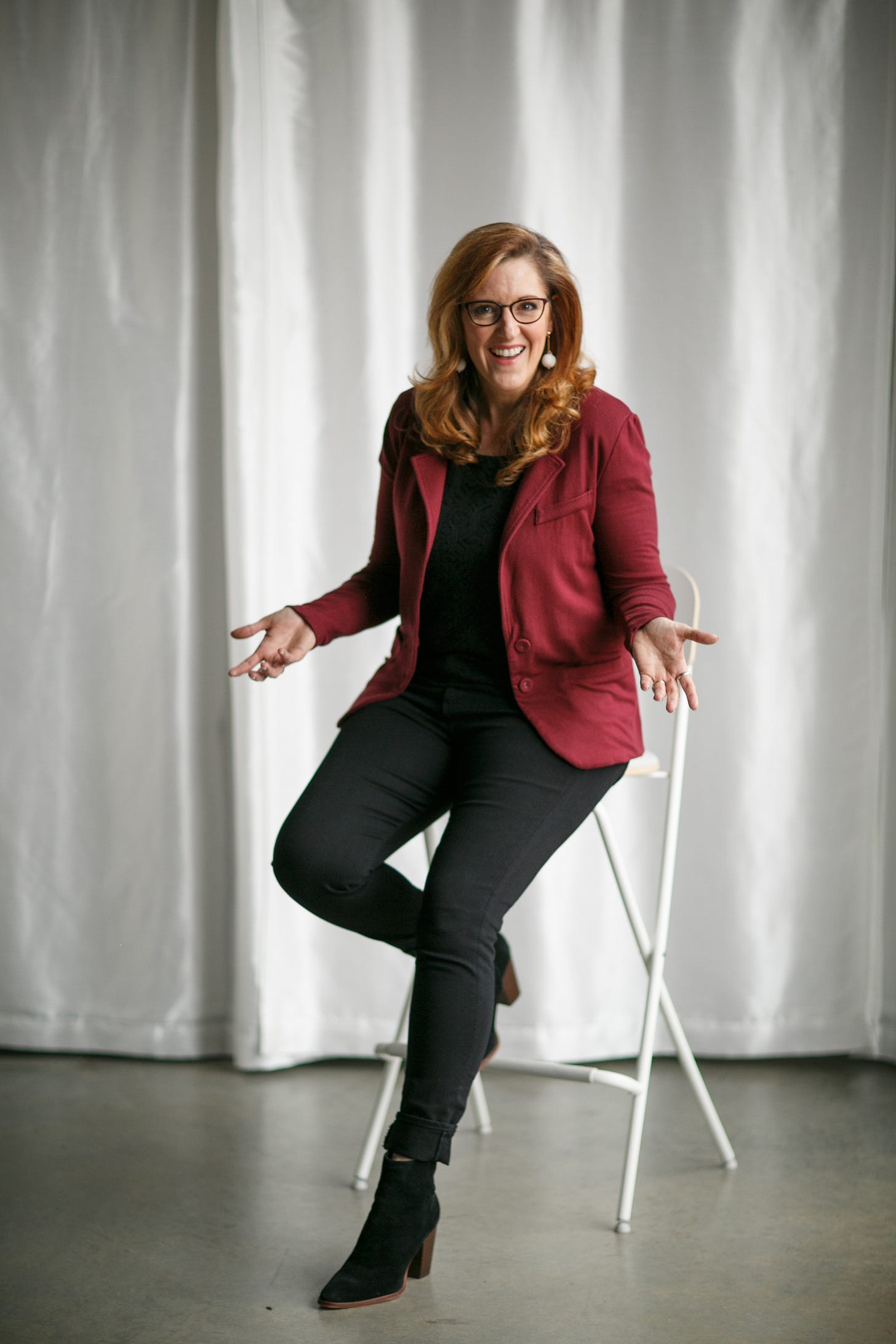I had just finished my plenary talk at an apologetics conference in New Orleans. It was time for open mic Q&A. As some students made their way forward, I also noticed an older gentleman had made his way to the microphone. The students asked questions about how to have better conversations on subjects in which they disagree with their conversation partner. But the older gentleman took the mic, looked me directly in the eye, and said, “What are you senior apologists doing to make way for the younger apologists?”
Of course, the first thing I had to do was to have a little fun, saying, “Notice that this gentleman just asked me what we senior apologists were doing…in case anyone missed that I’m a S-E-N-I-O-R apologist.” As I looked at him from the stage, he didn’t seem to fully appreciate my self-deprecating age joke and remained locked with my eyes. So, I got serious quickly and told him it was a good question.
In my response, I discussed an apologetics communication course I designed and taught at my former university for the specific purpose of raising up younger apologists. That’s one of the things that educators do, raise up other educators to replace themselves. I mentioned that some of the older apologists do mentor the younger ones behind the scenes. I have been a recipient of such mentoring, and I have done so myself. Then, I mentioned a new collaborative podcast I’m working on for just such purposes…to highlight younger apologists.
While he seemed satisfied with my responses, I wish I could have gone deeper into his question. What is he noticing? And what does he really mean by “making a way”? Is he saying that older apologists are lingering in the public realm, stagnating the conversation while the younger ones are chomping at the bit to get into the public light? Is it that older apologists are the ones usually speaking at apologetics conferences? I found myself lingering on his question after the event was over.
I think what was troublesome to me was that, as an educator in a university setting, I had a structured format to develop younger apologists. The pathway was somewhat ‘baked into’ the educational format. However, outside of the university setting, I hadn’t considered the form of the structure, or pathway, I was personally building for younger apologists, other than one-on-one conversations, light mentoring, and modeling. But is that enough?
Go with me into a MJ-style thought process…
Our world is suffering under the weight of evil, and none of us escape the effects of suffering, pain, hurt, and trauma. We all must carry those burdens. When a person is younger in ministry, they tend to “power through” these trials to try to get to “the other side.” But, like I’ve discovered, many of them find that there is no other side. This is it. Life is full of trial after trail without end. Those younger in ministry can become very discouraged, especially when they are trying to be financially responsible to a family. So they need their brothers and sisters in Christ to be encouraging in substantial and meaningful ways.
Let me start the conversation with three ideas and you guys can continue it.
1) Share their work
Younger apologists aren’t as well-known as some of the senior apologists. If you can share something of theirs that impressed you, then you’re really helping them out. Those social media algorithms can be brutal for niche areas like apologetics. So, re-gram, re-story, re-tweet (re-X?), re-thread those young apologists who have posted something you value. Don’t just like-button it, share it! And ask your local church leaders if they could use those apologists to give a talk at church or for a bible study. We all value gaining experience in presenting and getting feedback.
2) Be a champion for their ministry
I learned this wording recently, ministry champions. These are the people who give time, talents, and treasures to aid a ministry. If you enjoy learning from an apologist, commit to aiding their work. Become a part of that ministry. If you can provide a financial gift, do so. If you can provide some time and talents to help their work, then do what you can when you are able (podcasting audio/video work, design, marketing ideas, etc.). I’m guessing there are several, to many, apologists who may not be comfortable asking for help. I know I’m making an assumption here, but apologetics does seem to attract the bookish, introverted types. If you see a need—or even if it’s not so apparent—don’t shy away from offering your assistance.
3) Demonstrate brotherly love
Whether you fully agree with an apologist’s take on whatever issue, let them know that you’re still going to be there for them. You’re not going to marginalize them behind their back or aggressively renounce them in public. There are ways to show unconditional love in disagreement that avoids negatively charged wording and leans towards charity of thought. Many times, I have seen an apologetics disagreement that could have been a Jesus-like approach to John the Baptist, building the person up. Rather, the disagreement looked more like a Real Housewives of New Jersey approach, derogatory and derisive.
For now, I’d like to think on this question more and read any thoughts you have on how we can make way for younger apologists. I may write on it some more, because I already see some challenges of how individual apologists do not have the funding of a university, nor the manpower. But I still think there are things we can do, individually, to create an apologetics culture that intentionally passes on the torch and fans the flames in younger Christian thinkers.
___________________________
And on that note: I am currently looking for ministry champions to help me with a new podcast focused on the younger generations of apologetics leaders. Ways to do so:
1) Connect with me about podcasting help. This show is starting from scratch, so we need everything from financial support/kickstarting to audio-video help.
2) Share my Substack. Get the word out!
3) Make a pledge towards my future paid subscriptions on Substack.
4) Further, as a 501c3 non-profit, I am set up to receive tax deductible donations to Confident Christianity, Inc. You can donate via my website here.





This coming Friday, I am responding to an invitation to address the youth group in my church with An Introduction to Apologetics. I am a little uncomfortable as I am aware that my pastor is not a fan of apologetics.
Thank you for this. Mentorship is such a huge need in our individualistic society. I have friends in ministry that are up to their eyeballs in serving, and I’m also thankful when they take time out of their schedule to help mentor me, let me ask questions etc.